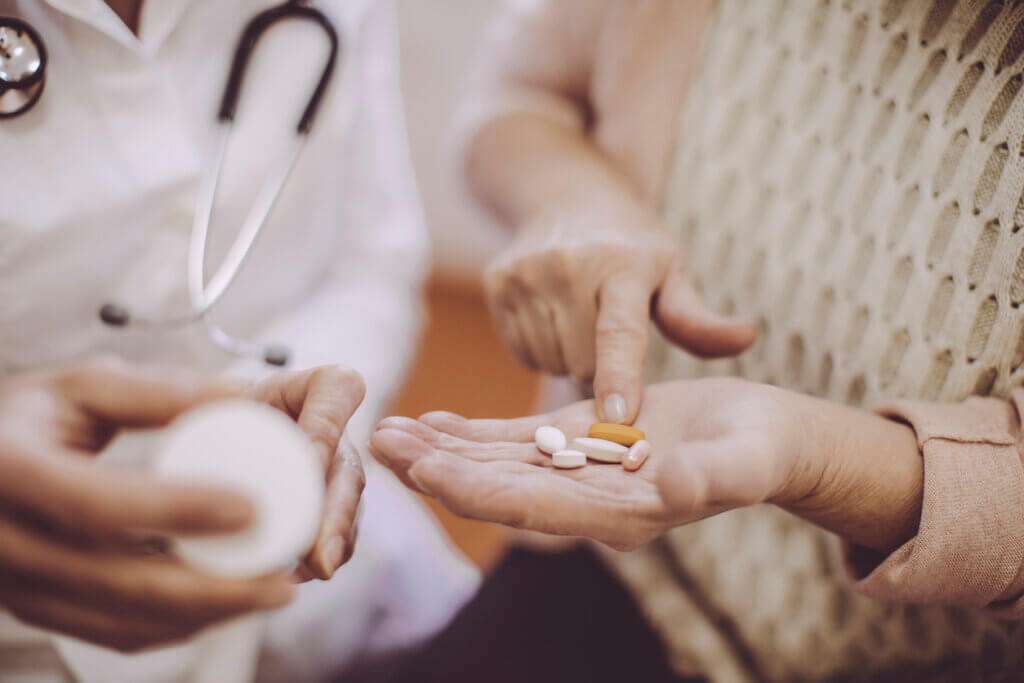Persistent depressive disorder (Dysthymia)
If you are struggling with persistent depression, trust our licensed professionals help you find the right treatment plan for your needs.
And many more…


Frequently asked questions about persistent depressive disorder (Dysthymia)
Persistent depressive disorder, also known as dysthymia, is a type of chronic depression that affects millions of people worldwide. Compared to major depressive disorder, which is characterized by intense periods of depression, dysthymia may involve fewer, but longer-lasting depressive symptoms that persist for years.
Persistent depressive disorder is a serious mental health condition that can have a significant impact on a person’s daily life and overall well-being. If you are experiencing ongoing symptoms of depression, it is important to seek help from a healthcare provider who can provide a proper diagnosis and appropriate treatment.
While the symptoms of persistent depressive disorder are similar to those of major depression, they tend to be more long-lasting and may be (but are not always) less intense. In persistent depressive disorder, depressive symptoms are present for at least two years. While individuals may experience brief periods of relief, these do not last long before the depressive symptoms reappear.
Symptoms of dysthymia can include:
- Low mood or sadness most of the day, for more days than not
- Feelings of hopelessness and helplessness
- Low self-esteem and feelings of inadequacy
- Difficulty sleeping or oversleeping
- Changes in appetite, including overeating or loss of appetite
- Low energy and fatigue
- Difficulty concentrating and making decisions
Persistent depressive disorder vs. major depressive disorder (MDD)
While both persistent depressive disorder and MDD share similar symptoms, such as sadness, hopelessness, and changes in appetite or sleep, there are some key differences. Fewer depressive symptoms are required to meet criteria for persistent depressive disorder compared to MDD. The symptoms of MDD can be more severe, but they tend to come and go in episodes. In contrast, individuals with dysthymia tend to experience symptoms persistently for years, with only brief periods of relief (if any).
Individuals with persistent depressive disorder can also develop major depressive disorder if their depression becomes severe enough to meet criteria for MDD. Those with major depressive disorder can also meet criteria for persistent depressive disorder if their symptoms last long enough.
Persistent depressive disorder vs. treatment-resistant depression (TRD)
While persistent depressive disorder is a form of chronic depression, it is not necessarily resistant to treatment. Many people with persistent depressive disorder can benefit from treatments such as medication and psychotherapy.
Treatment-resistant depression, on the other hand, is a type of major depression that does not respond to standard treatments such as medication and psychotherapy. Symptoms of TRD are similar to those of major depressive disorder and can include feelings of hopelessness, low mood, loss of interest in activities, changes in appetite and sleep patterns, and thoughts of self-harm or suicide. In treatment-resistant depression, these symptoms have not responded to multiple trials of antidepressant medication, although there are still alternative treatment options available.
Persistent depressive disorder is diagnosed via a clinical assessment by a mental health professional. Your Geode provider will talk with you about your symptoms, assess your mood, and determine if you meet the criteria for the condition.
These criteria include:
- Persistent low mood or sadness for at least two years
- At least two other symptoms of depression, such as changes in appetite, sleep patterns, and energy levels
- Symptoms that cause significant distress or impairment in daily life
If you think that you or a loved one may be experiencing chronic depression, the best first step is to speak with a mental health professional. They can help you understand your symptoms, determine the correct diagnosis, and help you find treatment options.


Find treatment for persistent depressive disorder near you
At Geode Health, we provide access to caring and knowledgeable mental health providers who specialize in treating chronic depression and other conditions. Our providers offer a variety of evidence-based treatments to help individuals learn new coping skills, reduce their depressive symptoms, and improve their quality of life.
If you are struggling with chronic depression, seeking help is an important step towards healing and improving your overall well-being. Whether you are interested in therapy, medication management, or a combination of both, our team of licensed professionals can help you find the right treatment plan for your needs. Reach out to us today and take the first step towards feeling better.
If you are in crisis and in need of immediate support
Please call the National Suicide Prevention Lifeline by dialing 988 or text the Crisis Text Line by texting HELLO to 741741

